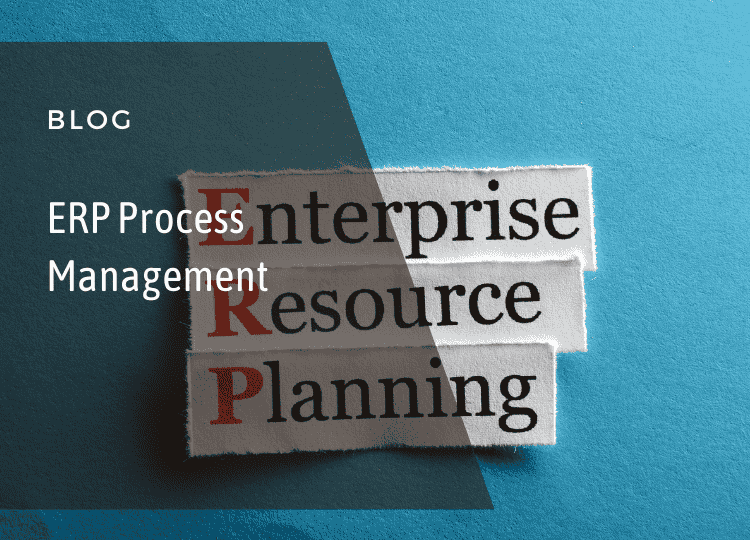ERP Process Management
ERP process management is a key factor for businesses aiming to enhance productivity and optimize their operations. ERP (Enterprise Resource Planning) systems integrate various departments under a unified platform, enabling smoother workflows, faster decision-making, and better resource utilization. Choosing the right ERP solution plays a crucial role in achieving these goals.
Benefits of ERP in Process Management
- Centralized Data Management: ERP systems ensure that all departments have access to consistent and accurate data, reducing errors and improving collaboration.
- Time Savings: Automation of repetitive tasks accelerates workflows, allowing employees to focus on strategic activities.
- Real-Time Reporting: With real-time data, decision-makers can analyze performance metrics quickly and take immediate action when necessary.
- Flexibility and Scalability: ERP systems can adapt to growing business needs by offering modular structures and scalable solutions.
ERP and Digital Transformation
ERP systems are a cornerstone of digital transformation. By automating core business processes, they enable organizations to become more agile and competitive in dynamic markets. Solutions like Microsoft Dynamics 365 Business Central help businesses adapt quickly to change, providing both operational efficiency and long-term growth opportunities.
Microsoft Dynamics 365 Business Central for Process Management
Microsoft Dynamics 365 Business Central is designed to streamline business processes for small and medium-sized enterprises (SMEs). The system integrates essential functions such as finance, sales, purchasing, inventory, and production into one cohesive platform. Additionally, its seamless integration with other Microsoft tools like Power BI enhances reporting and business intelligence capabilities.

